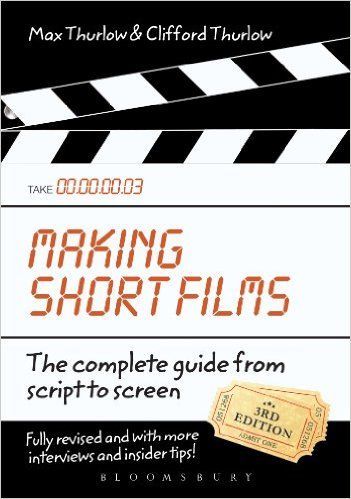
From Script to Screen: How Movies Are Made
Introduction
Pre-production
Production
Post-production
Distribution
Conclusion
Introduction
Movies have captured the imagination of people worldwide for over a century. Behind every film we see in the
theaters or our screens at home is an intricate process that involves numerous talented individuals and
a well-defined pipeline. From script to screen, let’s explore how movies are made.
Pre-production
This phase is where the groundwork for the film is laid. The key steps include:
Scriptwriting: The story is written as a screenplay, including dialogue, actions, and scene descriptions.
Casting: Actors are selected to bring the characters to life.
Storyboarding: Visualizing the script through a series of drawings, capturing the flow and composition of each scene.
Location scouting: Finding suitable places to shoot the film.
Budgeting and financing: Determining the financial aspects of the project and securing funding.
Production
Production is the stage where shooting takes place and all the planned elements come together. Its main components
include:
Principal photography: The main scenes involving the principal actors are filmed.
Set design and construction: Creating the physical sets in which the film takes place.
Costume design: Designing and creating costumes that suit the characters and the story.
Special effects: Incorporating visual and practical effects to enhance the film’s visual experience.
Directing: The director guides the actors and crew to bring the vision to life.
Post-production
Post-production is where the raw footage is transformed into a cohesive and polished film. Key activities during this phase include:
Editing: Selecting the best footage, arranging scenes, and adding visual and sound effects.
Sound design: Creating and enhancing audio elements, including dialogue, music, and sound effects.
Color grading: Adjusting and enhancing the colors to achieve the desired visual style.
Visual effects: Adding computer-generated imagery to enhance the overall visual experience.
Finalizing the cut: The final edit is completed, and the film is ready for distribution.
Distribution
Once the film is completed, it needs to reach the audience. The distribution phase involves:
Film festivals: Submitting the film to various festivals to gain recognition and exposure.
Theatrical release: The film is screened in cinemas for the public to enjoy.
Home release: Making the film available for purchase or streaming on various platforms.
Conclusion
Making a movie is a complex undertaking involving creativity, collaboration, and technical expertise. Each phase –
pre-production, production, post-production, and distribution – plays a crucial role in bringing a story from
script to screen. The magic we experience when we watch a film is the result of countless hours of hard work,
dedication, and the passion of the talented individuals involved.
Written by Your Name.

